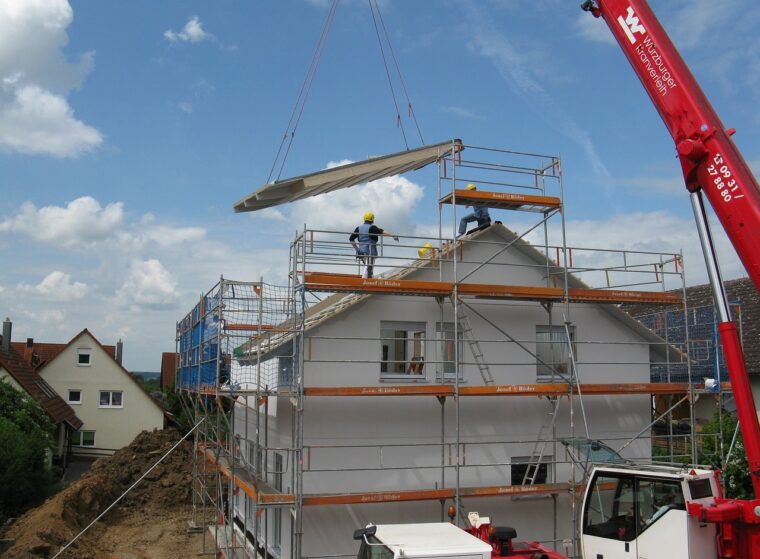Chapter – 1 Introduction to construction financing
So you want to delve into the world of Real Estate Developing?
A lot of times, I get asked about construction financing from contractors or people interested in becoming the next real estate millionaire. Well, I have bad news: getting a construction loan is not easy to do, but the real hard part is to get started. In order to make the whole process easier to understand, I have decided to write a couple of articles on the subject.
Before you go any further, let me repeat what a well respected CPA that specializes in preparing financial statements for General Contractors told me sometime ago ”Contractors are usually profitable and hardly ever get into trouble, the reason why they usually do get in trouble is when they decide to turn into developers themselves”. He was completely right, as a contractor you are going to get paid even if the bank decides to take over the project. If you are not paid, you always have recourse to place a lien in the property. As a developer, your profits and your investment will be the first to go in case of trouble.
Before, we go any further let me say that my construction lending underwriting is a bit limited. As of the time of the writing of these series of articles { March 2004 }, I have had my hands in probably about a dozen construction loans. This is the result of having been in the corporate side of commercial lending for most of my professional life. I am your man when it comes to operational cash flows, working capital lines of credit and business term-loans. However, my limited exposure to commercial real estate construction loans has not exposed me to all of its possible flavors. Having said that, there is a good chance that this series will help you understand the way the bank will see your request and how it will be evaluated.
First some basic feedback that applies to all of my readers that want to become real estate developers, and are looking for construction loans:
Do not bite more than you can chew: I think the biggest mistake that a contractor can do when it comes to getting a construction loan from a lender is to start with a really big project. Take into consideration that if you have never done anything bigger than a single-family home, you might find the lenders unreceptive when you approach them with plans to build a 6-story condo building with 40 units. It comes down to experience and the financial strength to be able to meet the lenders equity requirements.
Experience, Experience, Experience: I know that it has to do with the “Do not bite more than you can chew” line, but it is worth repeating. If you have shown that you are able to pull a development off in the past, your future financing requests will be easier to get.
Maintain a relationship with your lender: The modern loan officer has become a sort of mercenary. The number of lenders that remain with a single bank for all of their careers is much smaller than it used to be. It pays a lot to maintain a good relationship with a real estate lender. Actually, it pays a lot for a developer to maintain a good working relationship with several lenders and several banks. The fact is that a good loan officer will make the case for you when the time comes to get your loan approved.
Know your market: Do your homework on the market that you are going to build on. A decent real estate lender knows his market and he will not be sold on a project that does not seem viable. You should be able to back up your projections of how long it will take you to sell the units that you are going to build. Your projections will be dissected not only by the bank, but also by the appraiser that will give an estimate of value for the project “as completed”.
Get familiar with the industry: You might be a great contractor, but you need to understand how it is that you are going to make money as a developer, and how you are going to finance your operations.
Understand the point of view of the lender: The commercial real estate lender will be more than happy if you make a million dollars from building those townhouses or if you make five million building that condominium building. But he will not be interested in lending you the money unless he has a strong source of repayment. Do not try to approach this with a sales pitch such as “We have the potential to make millions” save that for the equity investors. The lender wants to make sure that his loan is going to get repaid.
Source of repayment must be well supported: This is always at the core of the loan. Your experience and knowledge will get you in the door, the source of repayment will get your loan approved and on its way to closing.
Chapter I – Introduction to Construction Financing
Chapter II – The Land Acquisition Loan
